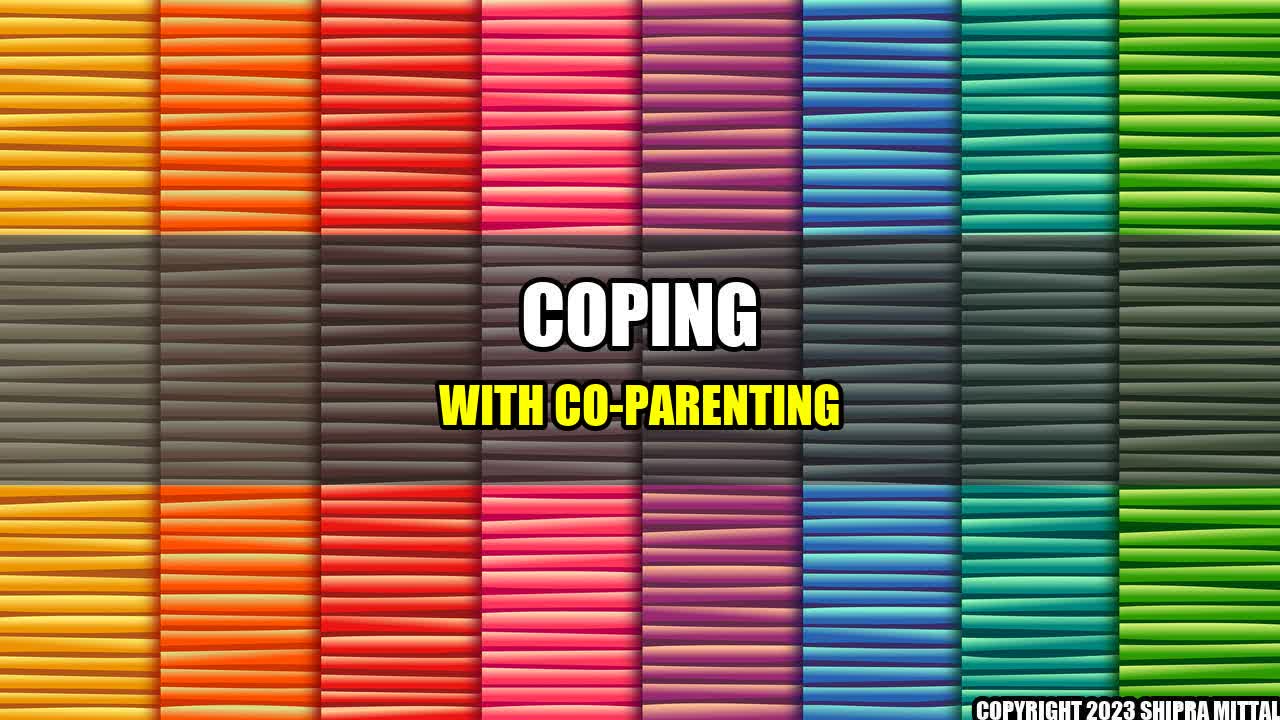When Lucy and Tom got divorced, they both agreed to co-parent their children. However, things did not go as smoothly as planned. They often disagreed on parenting styles, routines, and finances. This resulted in frequent arguments, which eventually affected their children. It finally hit them that their children were paying the price for their failed marriage, and they needed to put their differences aside for the sake of their children.
This is just one example of how co-parenting can be difficult for divorced parents. Co-parenting involves both parents taking an active role in their children's lives, despite no longer being in a romantic relationship. Successful co-parenting requires commitment, communication, and compromise.
Co-Parenting
- According to a study by the American Academy of Matrimonial Lawyers, 40% of divorce cases involving children require a custody evaluation.
- In 2019, the Centers for Disease Control and Prevention reported that 13.6% of children in the United States live with a single mother, and 3.1% live with a single father.
- The National Responsible Fatherhood Clearinghouse reported that in 2019, 22.4% of custodial parents were fathers.
Tips for Successful Co-Parenting
- Communicate Effectively: Communication is key to successful co-parenting. Parents should communicate regularly about their children to ensure consistency in parenting styles and keep each other informed about their children's needs and progress.
- Put Your Children First: Parents should prioritize their children's well-being over their own personal issues. They should work together to create a healthy and supportive environment for their children.
- Be Flexible: Co-parenting requires flexibility and compromise. Parents should be willing to adjust their schedules and routines to accommodate their children's needs.
and Case Studies
David and Sarah have been successfully co-parenting their two children for over five years. They make it a priority to communicate regularly about their children's needs and progress and have created routines that work for both of them. They even celebrate holidays together as a family to ensure that their children have a sense of stability and security.
However, John and Lisa have struggled with co-parenting since their divorce. They often argue over custody and visitation schedules and have conflicting parenting styles. This has resulted in their children feeling caught in the middle and suffering from anxiety. They recently sought out counseling to help them improve their co-parenting relationship and put their children's needs first.

Curated by Team Akash.Mittal.Blog
Share on Twitter Share on LinkedIn